As an applied positive psychology and sport and performance psychology practitioner, Gloria Park, PhD is uniquely qualified to speak about how we continue to learn, grow, evolve, and even thrive in the face of challenge. And we are certainly being challenged in 2020! Gloria shares transformative skills and strategies during the interview.
“I’m often navigating the tension between helping people do better at whatever craft they’ve chosen for themselves…and balancing that with how [they] do that AND maintain some degree of wellbeing. It’s my fervent belief that you can have both; that you can do well and be well.”
Gloria Park, PhD
Regoaling vs Reacting
It’s easy to get overwhelmed these days while we’re in the middle of the Covid-19 crisis and also trying to thoughtfully enter and positively impact the domain of racial injustice.
In April, I attended a webinar co-lead by Gloria. It was very timely given the newness and shock concerning Covid-19. When I first heard the term, ‘re-goaling’, I thought, YES!, this is how I would describe the thoughtful and intentional shift I see some people making. It’s different from simply reacting. Re-goaling means that I consciously disengage from the old goal and thoughtfully create a new goal. It also means that I feel and acknowledge the continuum of emotions and engage in hope. In this interview, we explore ways to our own resilience.
A few quotes that stand out for me:
Covid’s Impact on the Human Psyche
11:31 – “…everyone is dealing with this very deep sense of grief about things that matter deeply to them and now look no longer like they used to…the second place where people are really struggling is the uncertainty.”
The Important Role of Hope and Goals
13:43 – “…what gives me hope is that people are finding things to be hopeful about despite all of the uncertainty and despite all of the grief…”
26:36 – “But if you think about the average person and the goals we set for ourselves, we set those goals because they’re a reflection of things that are really valuable to us and they’re often tied, especially in the performance domain, deeply to our sense of self-worth and our identities, and you wouldn’t have set those goals if they didn’t mean a lot to you.”
C.R. Snyder’s Hope Theory: “People feel hope whey they have three things: they have a goal that they’re focused on; they have beliefs that they have the capacity within them to strive towards that goal; and that there are avenues available for them to be able to pursue those goals.”
29:38 – “A lot of the foundation of resiliency training, as well as a lot of the foundation for performance psychology, is about understanding the connections between those three things: your thoughts, your emotions, and your behaviors.”
43:51 – “But the accomplishments will always be there. The world will be there to await you to show up and be able to strive towards those things again. I think, right now, we really need to be paying attention to our wellbeing and figure out how we can support our families and support our employees in an organizational context to really help them navigate this crisis successfully.”
We’ve all heard of SMART goals (Specific, Measurable, Attainable, Realistic, Time-driven); Gloria is also an advocate for DUMB goals! (42:05)
Find resources on resilience at Eudaimonic by Design, especially Choosing Optimism: The Art of the Reframe. Also, find Embodied Resilience and Hope.
Register for this FREE course on resilience: Resilience Skills in a Time of Uncertainty offered by the University of Pennsylvania. Gloria is one of the instructors and her mentor, Karen Reivich is the primary instructor.
Sign up for my newsletter to receive more links and resources:
https://mailchi.mp/426e78bc9538/subscribe
Transcript:
C.R. Snyder’s Hope Theory:
